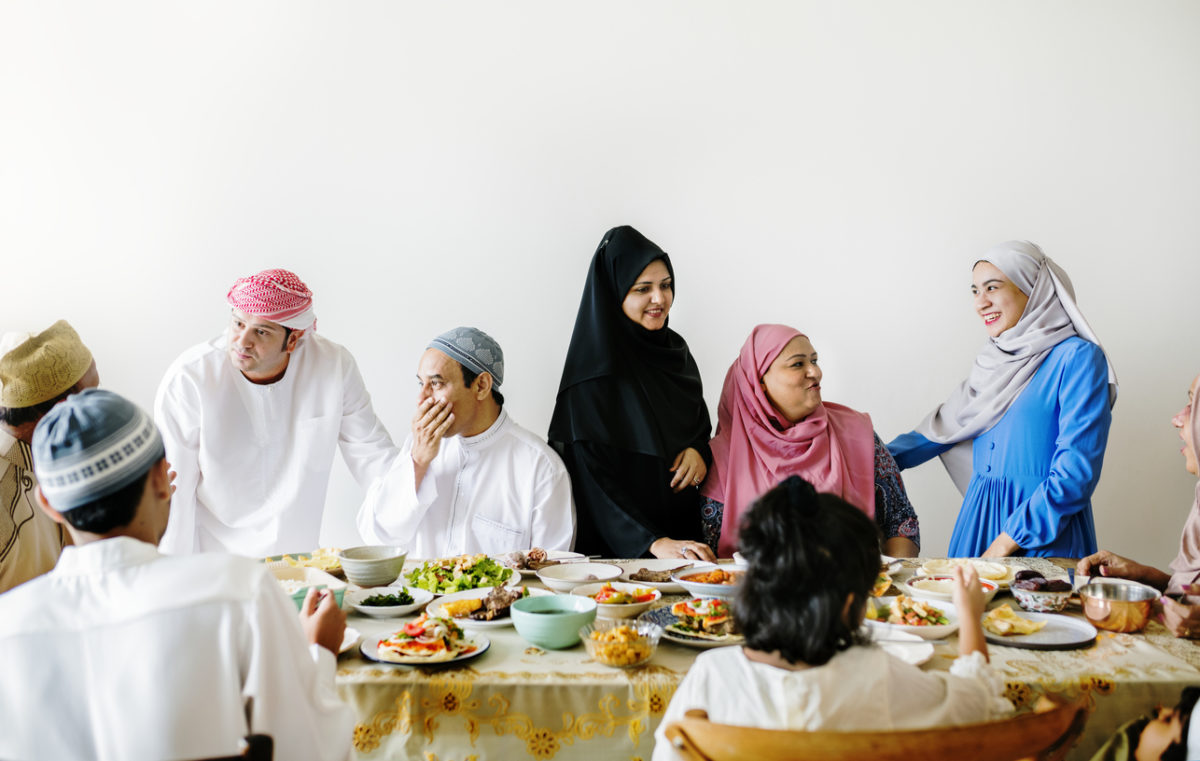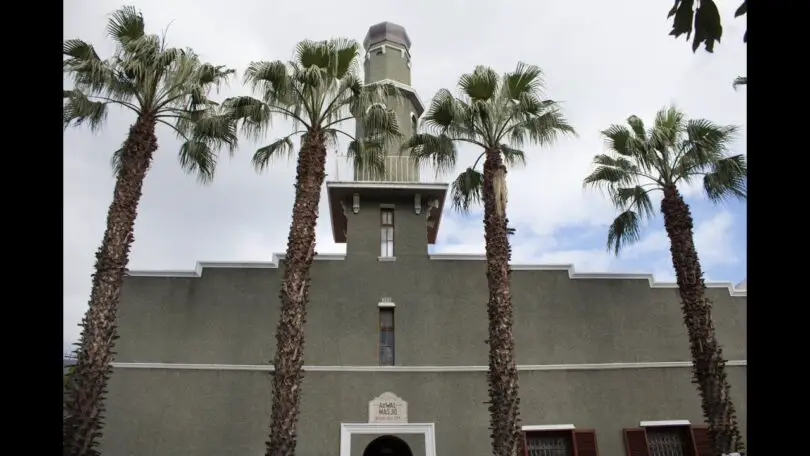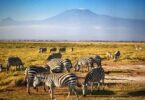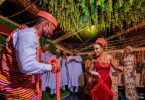Muslims in South Africa are only 2.5% of her total population of 61,338,683 people. Despite being a minority religious group, Auwal Mosque Cape Town represents the struggle for acceptance and inclusion. South Africa doesn’t have much to say about religious diversity with a majority of the population being Christians. But the construction of this mosque in 1794 remains a cardinal piece of history for South Africans. It is South Africa’s first and oldest mosque.
Why is the Auwal Mosque Important?
Auwal Mosque Cape Town has a rich history because it represents the power of spirituality even for the most troubled souls. Slaves of Muslim faith from Asia landed in Cape Town and built the mosque. They purchased land after pooling resources to build the mosque because no public place of worship allowed them in. The mosque bears the name of Tuan Guru, an Indonesian royal and well-known Islamic scholar who founded it. He was a key figure in the development of Islam in South Africa and one of the leaders of the slave community in Cape Town.

Auwal Masjid mosque. Photo/Voice of the Cape
The Auwal Mosque serves as evidence of the early South African Muslim community’s determination to stay put in their faith. It represents the hard work of freed black slaves of Muslim faith. The popularization of Arabic-Afrikaans language in South Africa is largely attributed to Auwal Mosque Cape Town. Auwal underwent phased renovations the first one coming in 1907 and another major one in 1936. These have kept the mosque in pristine condition centuries later. Cape Muslim ideologies are widely accepted now across Mzansi, thanks to this mosque.
Compared to its original form, the structure has significantly changed. Only the two walls that were able to withstand the 1930s mosque collapse are still present. Despite the absence of official tours, those on tours of the Bo Kaap can readily access the mosque’s lovely, grey facade.
Which Masjid Is Famous In Cape Town?
On Dorp Street Cape Town, sits Auwal Masjid, the most famous mosque it this South African tourist capital. At the edge of this street sits this religious monument near Bo-Kaap Museum. Its naming after Guru signifies a place of freedom and free from burdens. The Indonesian prince served thirteen years at the Robben Island prison during the era of British colonialists.
His suffering for over a decade tells all there is about the selfless of this Auwal Mosque Cape Town. Guru, who is revered as the founder of Islam in his own country became the Imam of this school. He was the first to teach a madrassa class for both adults and children.
Ramadan in South Africa
In view of Auwal Mosque Cape Town, Ramadan is the Holy month for those who profess Muslim faith across the world. It falls into the ninth month of the Islamic calendar. Fasting, self-reflection, forgiveness, love, kindness and charity characterize this auspicious month. Fasting is mandatory for every Muslim with the exception of young children, and the old who could be ailing.

Ramadan. Photo/The Citizen
Ramadan South Africa is always a cocktail of experiences bringing together diverse communities and cultures. A 30-day period of fasting observed from dawn to sunset marks Ramadan in Mzansi just like in every other part of the world. These 30 days of fasting are for prayers, reflection and charity. South African Muslims often break their fast (iftar) with popular Muslim/Arabian foods such as samosas, dates and a variety of other dishes from diverse cultural backgrounds. Some of them include Malay curries and Indian biryanis so popular in South Africa.
Another phenomenal fact about Ramadan South Africa is that mosques across the country hold nightly prayers, known as taraweeh. Many communities come together for iftar and suhoor (the pre-dawn meal). In some areas, there are even Ramadan markets where people shop for festive decorations and traditional foods. Throughout the month, charitable giving dominates the Holy Months in line with Islam dictates of free giving. Individuals and organizations donate food, money, and other resources to the less privileged as a part of community building.
Muslims in South Africa and other places in the world fast for a minimum of 11 hours and a maximum of 12 hours. The essence of fasting during Ramadan for Muslims is to achieve spiritual renewal and strengthen their faith. It is a time to detach from worldly pleasures and focus on self-discipline, self-control, and self-reflection. You do not eat, drink or indulge in any other physical pleasures from dawn to sunset. This practice encourages empathy and compassion and also purifies one’s soul which is a step towards strengthening one’s relationship with God. Ramadan South Africa has, for years now, preached about the importance of this.








